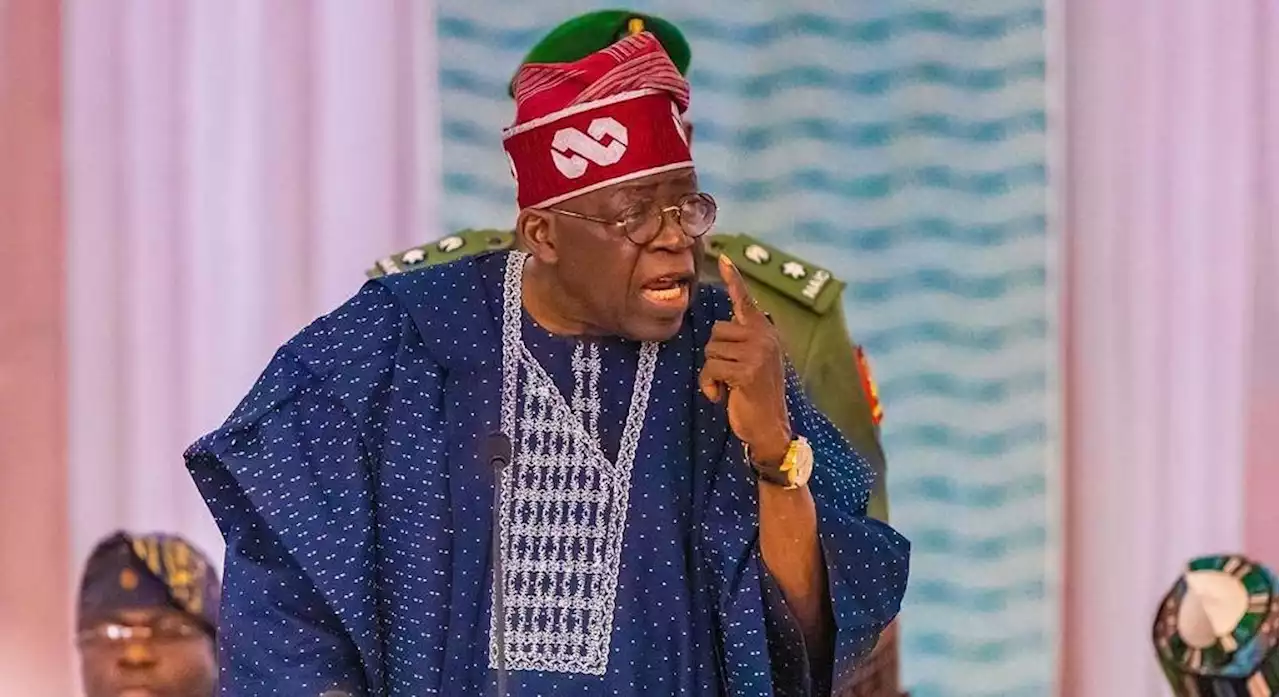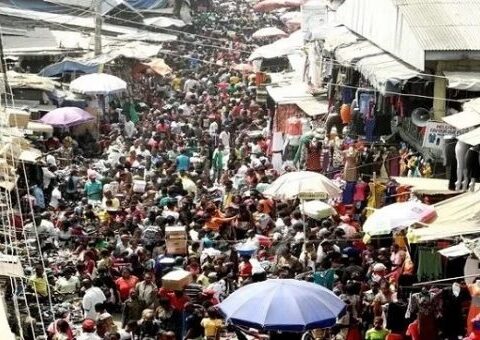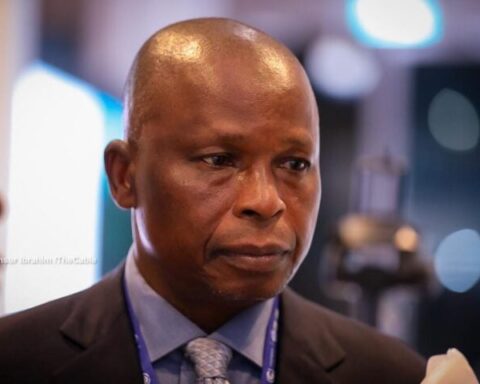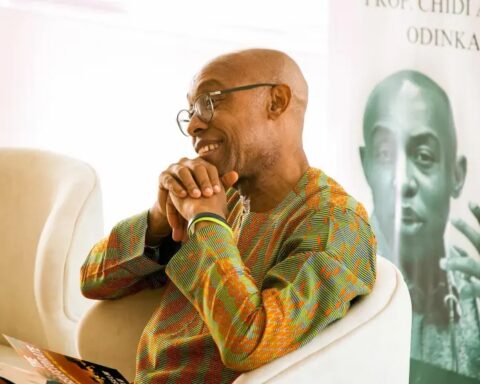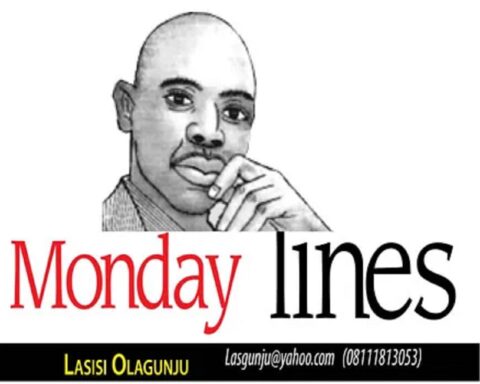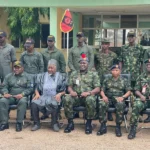By Agbeze Ireke Kalu Onuma, AI-KO
Yesterday March 18th 2025, President Bola Tinubu addressed the nation already fraying at its edges. His declaration of a state of emergency in Rivers State, suspending Governor Siminalayi Fubara and installing a retired naval officer to rule by federal fiat, echoed a familiar script in Nigeria’s turbulent democracy. “When elephants fight, the grass suffers,” remarked the late novelist Chinua Achebe, a metaphor that haunts Nigeria’s political landscape. Tinubu’s move, framed as a constitutional necessity to rescue Rivers from “despotism” and pipeline vandalism, instead raises darker questions: Is this leadership or political brinkmanship? Why Rivers, an oil-rich opposition stronghold, and not the bandit-ravaged North? And what does it mean for democracy when presidents wield emergency powers like scalpels to excise rivals while sparing allies?
The legal scaffolding of Tinubu’s decision rests on Section 305 of the 1999 Constitution, invoked after the Supreme Court’s February 2025 ruling that Rivers had “no government” following Fubara’s demolition of the State Assembly. Yet the haste and selectivity of the emergency declaration betray layers of political calculus. Constitutional lawyer Prof. Itse Sagay once warned that Nigeria’s democracy risks becoming “a legalistic autocracy,” where leaders exploit loopholes to mask power grabs. Tinubu’s claim that Fubara “collapsed the legislature to govern as a despot” rings hollow when contrasted with history. In 2006, President Olusegun Obasanjo weaponized similar logic to impeach Governor Ayodele Fayose of Ekiti, only for courts to later rule the act illegal. “The constitution is not a suicide pact,” argued Obasanjo then, a phrase Tinubu’s aides now parrot. But as political analyst Jibrin Ibrahim notes, “In Nigeria, emergencies are less about law and more about who controls the oil taps and the ballot boxes.”
The ghosts of past interventions loom large. In 2013, President Goodluck Jonathan declared a state of emergency in Borno, Yobe, and Adamawa, epicenters of Boko Haram’s insurgency. Crucially, he retained elected officials, acknowledging that removing them would inflame tensions. Tinubu’s approach – sacking Fubara while leaving his rival, Minister Nyesom Wike, untouched – defies this precedent. Wike, a former Rivers governor and Tinubu ally, has openly boasted of orchestrating Fubara’s downfall, telling supporters in 2024, “We will shake the trees until the rotten fruits fall.” Yet Tinubu’s speech omits Wike’s role entirely, a glaring omission that legal scholar Chidi Odinkalu calls “selective constitutional amnesia.” For many in Rivers, this asymmetry confirms their worst fears. “It’s 2007 all over again,” says Ben Isiama, a Port Harcourt activist, referencing when President Umaru Yar’Adua declared emergency in Plateau State to oust a PDP rival. “They want our oil, not our votes.”
The subtext of oil cannot be ignored. Rivers State, contributing over 30% of Nigeria’s crude output, is the economic aorta of a nation drowning in debt. By installing Vice Admiral Ibokette Ibas – a career military officer with ties to oil security operations – as administrator, Tinubu secures direct control over revenue flows ahead of 2027 elections. “This isn’t governance; it’s a hostile takeover,” alleges Barr. Okechukwu Nwankwo, a civil right activist. The move mirrors the playbook of the 1990s, when General Sani Abacha militarized the Niger Delta to suppress dissent while siphoning resources. Even the structure of Ibas’s rule – his regulations require approval by Tinubu’s Federal Executive Council – evokes colonial-era indirect rule, where “native administrators” answered to London. “Rivers is being reduced to a federal plantation,” environmentalist Celestine AkpoBari once said. “They’ll drill our oil, silence our voices, and handpick our leaders.”
Comparisons to the North’s security crises deepen suspicions of bias. In Zamfara, bandits kill dozens weekly, yet Governor Dauda Lawal remains in office. In Sokoto, entire villages flee attacks, but Tinubu’s silence is deafening. Former senator Shehu Sani summarizes the disparity: “Blood is cheap in the North, but oil is priceless.” Tinubu’s speech, emphasizing Rivers’ “dividends of democracy” (code for oil wealth), inadvertently admits this hierarchy. Political economist Pat Utomi argues, “Nigeria’s federalism is a mirage. The center preys on resource-rich states while neglecting the rest. It’s not a union; it’s an extraction regime.”
Socially, the declaration risks fracturing an already fragile compact. Rivers’ youths, unemployed and cynical, see hypocrisy in Tinubu’s sudden concern for “democratic dividends.” After all, this is a state where militants once blew up pipelines to protest marginalization, only to be bought off with amnesty deals. Now, with Fubara – a symbol of resistance to federal overreach – gone, the cycle of rebellion may restart. “Tinubu has lit a fuse,” warns an ex-militant operative Tamuno Okpirima. “When you treat people like tenants in their own land, they become warriors.” Even Fubara’s alleged sins – demolishing the Assembly, ignoring court orders – pale next to Wike’s record. As governor, Wike routinely bullied judges and withheld local funds, yet he now sits in Tinubu’s cabinet, proof that “the law is a spider’s web: it catches flies but lets hawks go free,” quips human rights lawyer Femi Falana.
The timing, too, reeks of artifice. The emergency follows the Supreme Court’s ruling by mere weeks, suggesting a choreographed strike. Opposition lawmakers allege the Court was pressured, citing anonymous justices who felt “political heat.” While evidence remains scant, Nigeria’s judiciary has long been accused of bending to power. In 2023, retired Justice Mary Odili lamented, “We wear robes, but we live in the real world. Sometimes, the real world wears us down.”
What emerges is a pattern older than Nigeria itself: the use of crisis to consolidate control. From colonial “pacification” campaigns to Abacha’s dictatorship, emergencies have been tools of domination, not salvation. Tinubu, a veteran of Lagos’s political machine, understands this. By sidelining Fubara, he weakens the opposition PDP ahead of 2027 while pleasing Wike, a defector whose support he needs in the South-South. It’s a Machiavellian trade-off: sacrifice one governor to secure a region.
But history offers warnings. In 1962, Prime Minister Abubakar Tafawa Balewa declared a State of emergency in Western Nigeria to crush Obafemi Awolowo’s opposition. The result? Regional resentment boiled into violence, culminating in the 1966 coup and civil war. Today, as social media buzzes with calls for “Delta resistance,” the stakes feel similarly dire. “Tinubu is playing with fire,” says Chief Bright, an Ijaw chieftain. “When you govern by emergency, you become a prisoner of emergencies.”
In the end, the tragedy lies not in Tinubu’s ambition but in democracy’s erosion. Rivers’ crisis could have been resolved through dialogue or impeachment – tools of accountable governance. Instead, the president chose the nuclear option, legitimized by a compromised legal framework. As Achebe wrote, “The problem with Nigeria is simply a failure of leadership.” Tinubu’s declaration, draped in constitutional cloth but steeped in political vinegar, proves the sage’s point. The grass – Rivers’ people, Nigeria’s democracy – is left trampled, awaiting the next storm.
